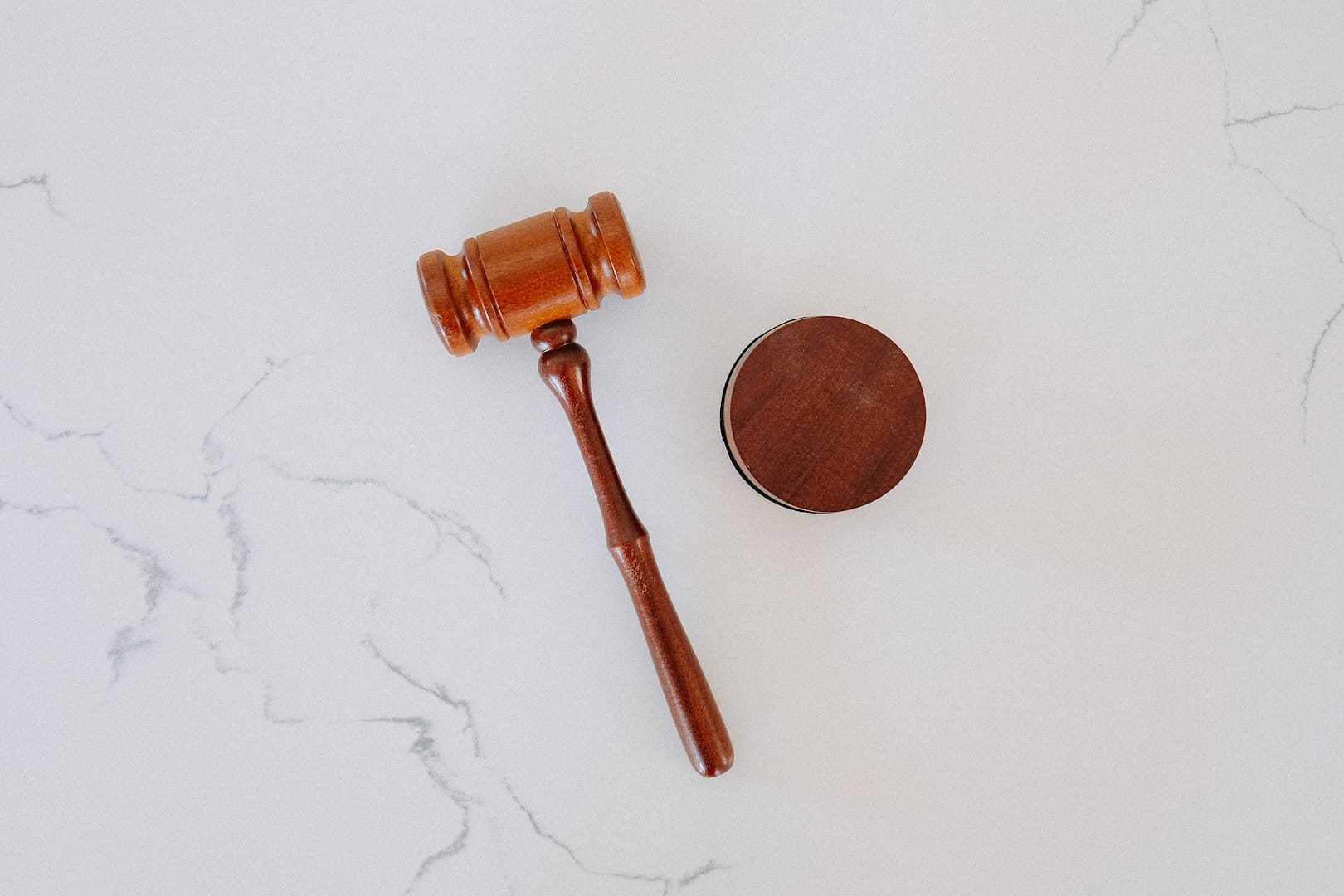When it comes to matters of healthcare, trust is paramount. Patients place their lives in the hands of medical professionals with the expectation of receiving the best possible care. However, what happens when that trust is shattered, and patients believe they have suffered due to the negligence of healthcare providers? This is where the concept of clinical negligence comes into play, and with it, the burden of proof.
Understanding the Burden of Proof in Clinical Negligence
Clinical negligence, often referred to as medical malpractice, is a complex legal concept that arises when a healthcare provider fails to meet the expected standard of care, resulting in harm to the patient. To establish clinical negligence, the burden of proof lies with the patient or their legal representatives. This means that they must demonstrate, through a preponderance of evidence, that the healthcare provider’s actions or omissions were responsible for the harm suffered.
In the United Kingdom, clinical negligence claims are common, and they encompass a wide range of medical practices, from surgeries and diagnostic procedures to prescription errors and misdiagnoses. To delve deeper into this topic, let’s explore the challenges patients face in proving clinical negligence.
The Complex Nature of Clinical Negligence
Hurdle 1: Establishing a Breach of Duty
The first challenge in proving clinical negligence is establishing that the healthcare provider breached their duty of care towards the patient. This requires demonstrating that the medical professional failed to meet the standard of care expected in their specific field. In essence, it’s not enough to claim that the outcome was unfavourable; there must be evidence that the care provided deviated from what would be considered reasonable by a competent healthcare practitioner.
This stage often involves expert witnesses who can testify about the standard of care in the relevant medical field. These witnesses, typically other healthcare professionals, provide critical insights into whether the defendant’s actions fell below the acceptable standard. Their testimony is crucial in helping the court understand the complexities of medical practice.
Hurdle 2: Causation
Even if a breach of duty is established, the second challenge is proving causation. In other words, the patient must demonstrate that the harm they suffered was a direct result of the healthcare provider’s negligence. This can be a daunting task, as healthcare outcomes are influenced by numerous factors, some of which may be unrelated to the care provided.
To establish causation, expert testimony once again plays a vital role. Medical experts must connect the dots between the breach of duty and the harm suffered, providing a clear link between the two. Without this critical element, a clinical negligence claim may falter.
Hurdle 3: Proving Damages
The final challenge in establishing clinical negligence is demonstrating the extent of the damages suffered by the patient. In legal terms, damages refer to the physical, emotional, and financial harm experienced as a result of the negligence. This can include medical bills, loss of income, pain and suffering, and long-term disability, among others.
Quantifying these damages can be complex. While some may be tangible, such as medical bills and lost wages, others, like emotional distress and a diminished quality of life, are more subjective. It falls on the claimant and their legal team to provide evidence and arguments that support their claims for damages.
The Role of Negligence and Consent
In clinical negligence cases, it’s important to distinguish between cases of simple negligence and those that involve a lack of informed consent. Simple negligence arises when a healthcare provider fails to meet the standard of care, resulting in harm. However, in some instances, the patient may have consented to a procedure or treatment without being adequately informed of the risks.
In cases of lack of informed consent, the burden of proof may be slightly different. Patients must demonstrate that they were not fully informed about the potential risks and complications associated with a procedure or treatment. They must also show that had they been provided with this information, they would not have consented to the treatment.
The Legal Process in Clinical Negligence Claims
Proving clinical negligence is not a straightforward process. It involves numerous steps and can be a lengthy and costly endeavour. Here is an overview of the typical legal process in clinical negligence claims in the UK:
Pre-action Protocol
Before filing a formal lawsuit, the claimant is usually required to follow a pre-action protocol. This involves notifying the healthcare provider of the intended claim and allowing them an opportunity to respond. The parties may engage in discussions and negotiations during this stage to resolve the matter without going to court.
Issuing a Claim
If a resolution is not reached during the pre-action stage, the claimant may proceed to issue a formal claim in court. This initiates the legal process, and the defendant (the healthcare provider) must respond within a specified timeframe.
Gathering Evidence
Both parties will then gather evidence to support their respective claims. This includes medical records, expert witness reports, and any other relevant documents or testimony.
Making a Clinical Negligence Claim with National Claims
At National Claims, we understand the challenges patients face when pursuing clinical negligence claims. Our panel of dedicated solicitors specialises in medical malpractice cases and is committed to helping individuals seek justice and compensation for the harm they have endured. Here’s how we can assist you throughout the claims process:
Initial Consultation
We begin by conducting an initial consultation to understand the details of your case. This involves gathering information about your medical history, the treatment you received, and the harm you suffered.
Legal Assessment
Our panel of experienced solicitors will then conduct a thorough legal assessment of your case. This includes reviewing medical records, consulting with expert witnesses, and evaluating the strength of your claim.
Pre-action Protocol
We guide you through the pre-action protocol process, ensuring that all necessary steps are taken to notify the healthcare provider of your intent to claim and initiating negotiations if appropriate.
Legal Representation
Throughout the legal process, our panel of solicitors provide expert legal representation. We work diligently to gather evidence, consult with medical experts, and build a compelling case on your behalf.

Conclusion
The burden of proof in clinical negligence cases is a significant hurdle for patients seeking justice for harm they have suffered at the hands of healthcare providers. It requires establishing a breach of duty, proving causation, and quantifying damages. Additionally, cases involving a lack of informed consent add another layer of complexity to the process.
While clinical negligence claims can be challenging, they are essential for ensuring accountability within the healthcare system. When healthcare providers are held responsible for their actions, it encourages a culture of transparency, continuous improvement, and, ultimately, better patient care.
If you or a loved one find yourselves in the unfortunate situation of contemplating a clinical negligence claim, National Claims is here to provide the support and expertise you need. Our panel of experienced solicitors is dedicated to helping you navigate the complexities of the legal process and working towards obtaining the compensation and justice you deserve in your time of need. Remember, in matters of healthcare, trust and accountability are paramount, and the burden of proof plays a pivotal role in upholding these principles.
Contact us to get a start on your claim for your clinical negligence.
Click below to see why we are one of the most trusted claims management companies in the UK.

We’re proud of our excellent customer reviews
We thrive on delivering exceptional service and ensuring our clients’ satisfaction. Don’t just take our word for it. Check out some of our independent reviews to see what our clients have to say.
Excellent

This firm is excellent, they sorted out my car pay out and injury claim very fast, they always communicate with you all the time.

My accident case was dealt with confidence and with great result of the outcome, especially James kept me informed all the time.

I was very impressed at the way my inquiry was treated. I was listened to attentively and everything I needed to know was explained to me.






